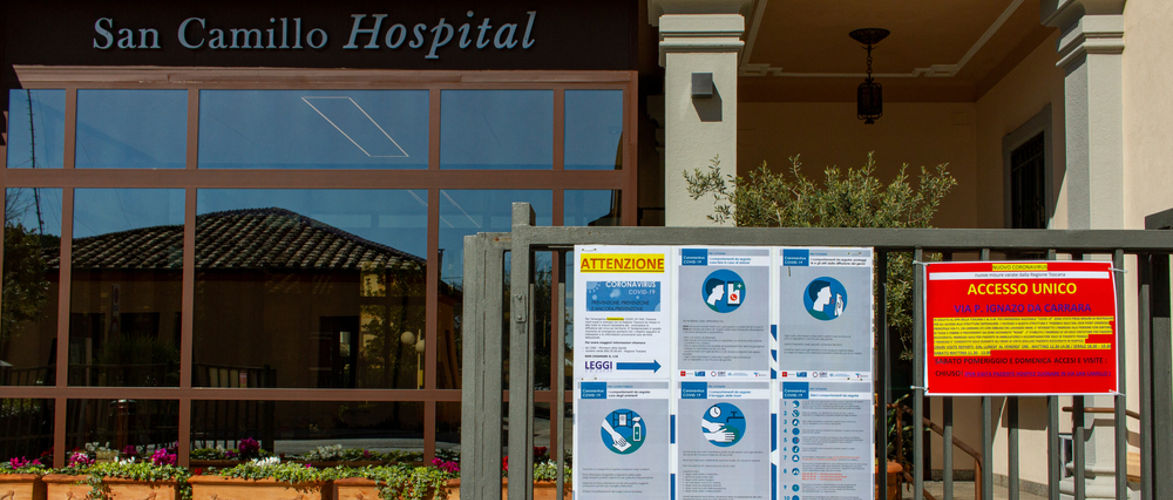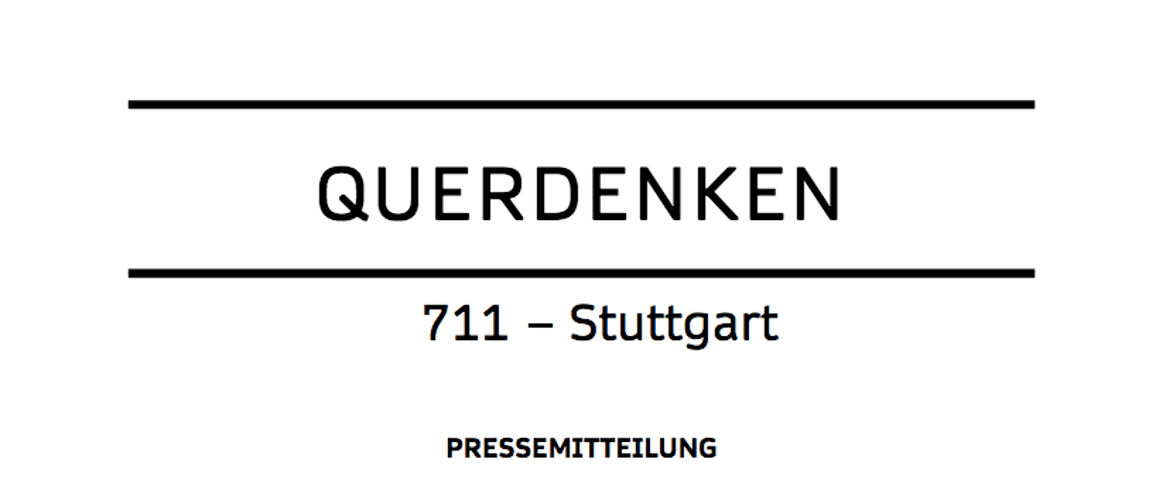By Norbert Häring.
There is a reason why the coronavirus claims so many lives in Italy: lack of treatment capacity in hospitals. And the reason for this is that the European Central Bank, with the support of the German government, blackmailed the distressed Italian government until it cut its healthcare expenditure.
It was 2011, the peak of the financial crisis, and bond investors were demanding ever higher yields to purchase Italian bonds. Then the then head of the Bank of Italy, Mario Draghi, and the head of the ECB, Jean-Claude Trichet, wrote a letter to the Italian government, which on top of everything else, they had given to the press. In this letter, they demanded, as stated in a recent article in “Freitag” under the title “Austerity is deadly”, severe cuts in public spending. Draghi and Trichet made the purchase of Italian bonds dependent on this.
From the article in the “Freitag”:
(translation)
„The Italian government made these cuts – as a result, the number of hospitals in the country fell by 15 percent. The crisis of the health care system in the current pandemic is a consequence of this austerity policy.“
It should be noted that there were no calls for any cuts, for example in the military budget. No, there were specific demands for social clear-cutting, “efficiency improvements” in the health care system and privatization.
(translation)
„In the EU, the coronavirus meets social infrastructures that have been exhausted by at least a decade of harsh austerity policies. During the eurozone crisis, which began with the financial crash of 2007 and 2008, the EU Commission and ECB did their utmost to declare the banks and other financial market players as systemically relevant and to rescue them with considerable sums of billions. Public spending on social issues, they said, would hamper growth. Therefore, health care systems were restructured in line with neo-liberal concepts and public budgets were shortened. This not only affected Italy; the Spanish government was also forced to sign a cutback program. As a result, spending on the health care system was cut by 5.7 percent in 2012 alone. But, as is well known, Greece was hit hardest: between 2009 and 2016, state funding was almost halved from 16.2 billion to 8.6 billion. More than 13,000 doctors and over 26,000 other healthcare employees were dismissed. 54 of the 137 hospitals were closed and the budget of the remaining ones was reduced by 40 percent.“
At the time, the German federal government was one of the agitators when it came to harsh cutbacks in financial aid to suffering governments – and it was able to push things through. And today:
(translation)
“In the course of the current corona pandemic, the German government is now making a stand to stop the export of medical protective clothing to neighbouring countries. … Meanwhile the Chinese government is succeeding in using medical supplies and personnel secondments to provide effective public support in the fight against the pandemic. Spain, Serbia and other countries are also expecting aid deliveries from China.“
At the same time, the Federal Government is, as it did then, on the brakes when it comes to providing financial aid to Italy and other countries particularly affected.
Conclusion: the actions of the ECB and the Federal Government at that time make the imminent break-up of the monetary union and possibly the EU more likely.
+++
Thanks to the author for the right to publish the article.
+++
Picture reference: federico neri / shutterstock
+++
This article first appeared on the blog on 19.03.2020 GELD UND MEHR
+++
KenFM strives for a broad spectrum of opinions. Opinion articles and guest contributions do not have to reflect the views of the editorial staff.
+++
You like our program? Information about further support possibilities here: https://kenfm.de/support/kenfm-unterstuetzen/
+++
Now you can also support us with Bitcoins.

BitCoin address: 18FpEnH1Dh83GXXGpRNqSoW5TL1z1PZgZK










Kommentare (0)